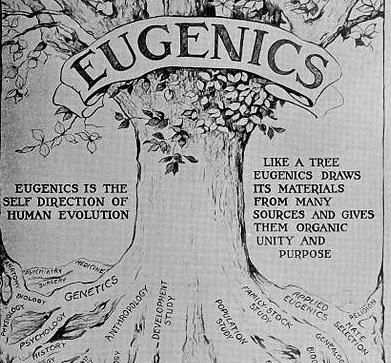Aggregated News

When Robert G. Edwards won the Nobel Prize in Physiology or Medicine in 2010 for developing in vitro fertilization (IVF) decades earlier in 1978, many members of the scientific community sighed in relief. This honor, they felt, was long overdue. A beloved researcher, Edwards was revered for making a profound contribution to humanity. Edwards was 84 years old and suffering from dementia at the time of the announcement, leading some supporters to worry that he might not live long enough to receive the honor. (Nobel Prizes cannot be awarded posthumously, which is why his collaborator, Patrick Steptoe, who died in 1988, did not share this accolade.) Edwards died three years later, in 2013.
Edwards’s creation of the world’s first IVF baby, Louise Brown, in Oldham, England, had been anything but unproblematic. An enormous amount of consternation surrounded the lead-up to and immediate aftermath of this scientific breakthrough. The Vatican was up in arms. Pundits warned of a “brave new world” of babies made in test tubes. Critics declared IVF unethical and “against nature” itself. They thought it would turn...



